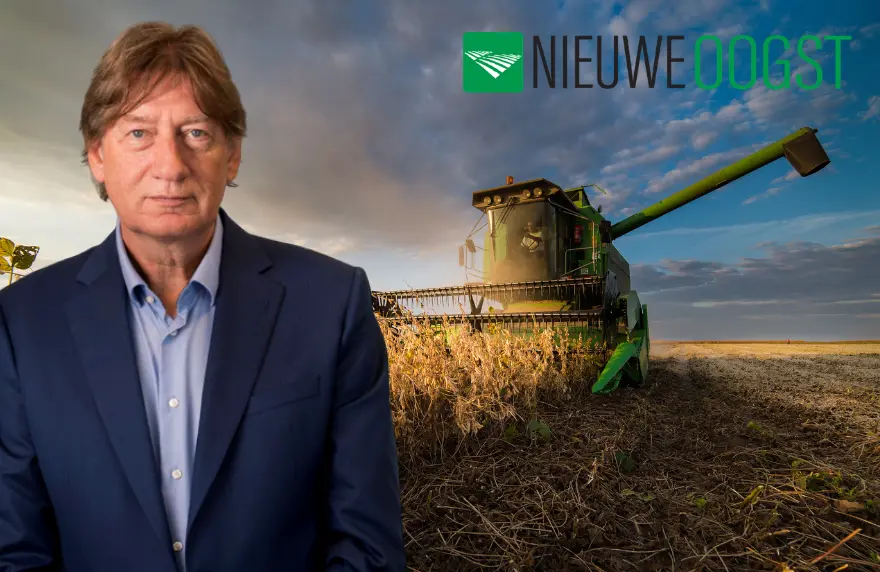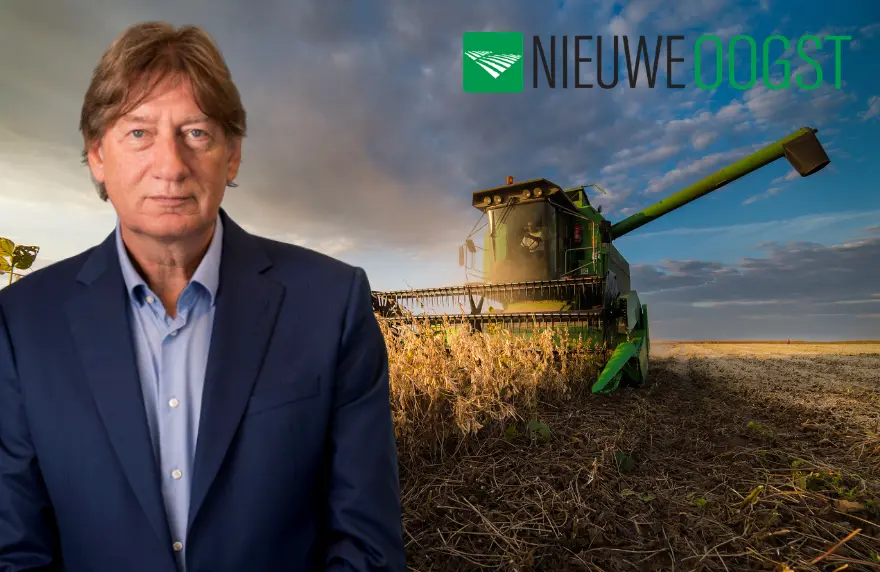De fall-out van de oorlog van Rusland tegen Oekraïne is hopelijk niet radioactief, maar beperkt zich mogelijk tot sociale onrust in grote delen van Afrika waar mensen de stijgende voedselprijzen niet meer kunnen dragen. De Arabische ‘lente’ die in 2010 uitbrak was aanvankelijk geen uitdrukking van het verlangen naar democratie en vrijheid, maar was vooral een klassieke broodoproer. De geschiedenis leert dat wanneer mensen hun voedsel niet meer kunnen betalen, opstanden uitbreken. Dat bleek ruim tien jaar geleden toen Tunesiërs met potten, pannen en broden de straat op gingen om zo hun ongenoegen te uiten.
De huidige prijsexplosie is het gevolg van het feit dat de exporten uit Rusland, Belarus en Oekraïne van bijvoorbeeld tarwe, mais, zonnebloemolie en kunstmest stagneren. Zo moet er een alternatief worden gevonden voor de import van bijvoorbeeld voermais, dat nu voor 60 procent uit Oekraïne komt.
Angst dat het Kremlin de gaskraan dichtdraait zorgt vervolgens voor hoge energieprijzen waardoor de productie en het vervoer van landbouwproducten duurder wordt.
Voor de Nederlandse agro-foodsector vallen, afgezien van individuele bedrijven in de sierteeltsector, de gevolgen nog mee. Want de export naar Rusland, Belarus en Oekraïne is minder dan twee procent van het totaal. De slachtoffers van het conflict zijn vooral de bedrijven die veel energie verstoken, zoals de glastuinbouw en de voedselverwerkende industrie. Lachende derden zijn boeren die meer graan gaan verbouwen.
Het belangrijkste effect van de oorlog is dat de inflatie wordt aangejaagd en het Kabinet niet uit de economische crisismodus kan komen. De staatsschuld zal oplopen en Nederland wordt collectief armer.
Als de Russische agressie niet ontaardt in een grote Europese oorlog, zal de Europese Commissie op korte termijn moeten constateren dat de plannen voor de agro-foodsector niet toekomstbestendig zijn.
De Commissie streeft naar ‘open strategische autonomie’. Dat is mooi, maar dat staat haaks op de negatieve effecten die de Green Deal, de Farm2Fork strategie en biodiversiteitsstrategieën op de output hebben. Onderzoekers van de Wageningen Universiteit concludeerden al dat alleen al door het verminderen van het gebruik van kunstmest en bestrijdingsmiddelen de landbouwopbrengst met 10 tot 20 procent zou kunnen verminderen. Daardoor lopen de prijzen verder op, en nemen de schaarste en de afhankelijkheid van het buitenland toe. Het gevolg is dat problemen zich naar buiten de EU verplaatsen en de gevolgen van de Oekraïneoorlog extra hard aankomen.
De huidige crisis laat vooral zien dat autonomie belangrijker is dan ooit en dat dit van de Commissie eist om alle plannen tegen het licht te houden.
Rob de Wijk, Nieuwe Oogst, Maart 2022



